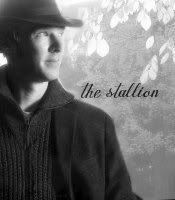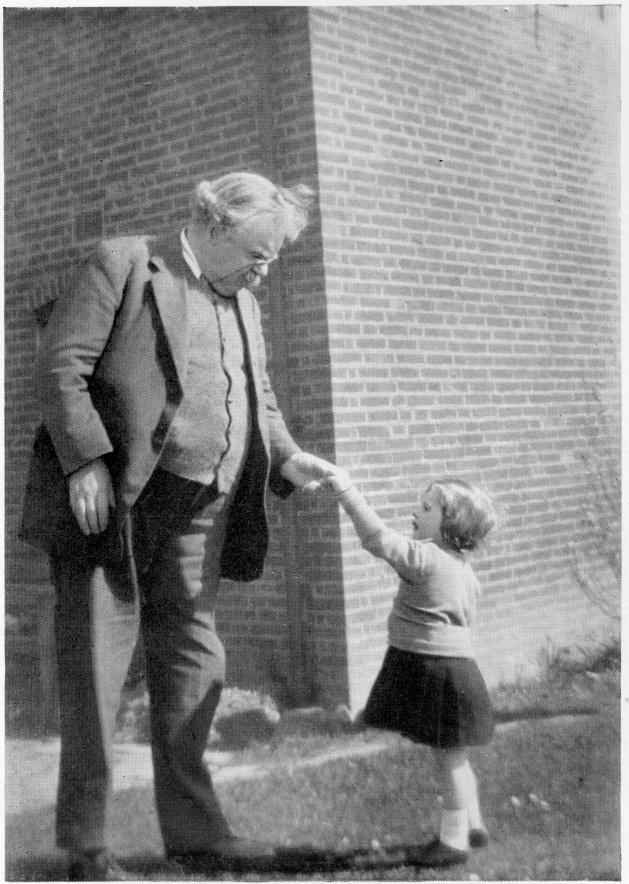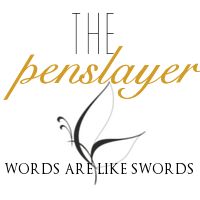For all that business about tolerability, things appear to be heading into the wrapping-up stage with alarming speed. This semester looks exceedingly short, and the next one even shorter.
All in all, as far as school years go, I think this one is going to be a grand ride.















